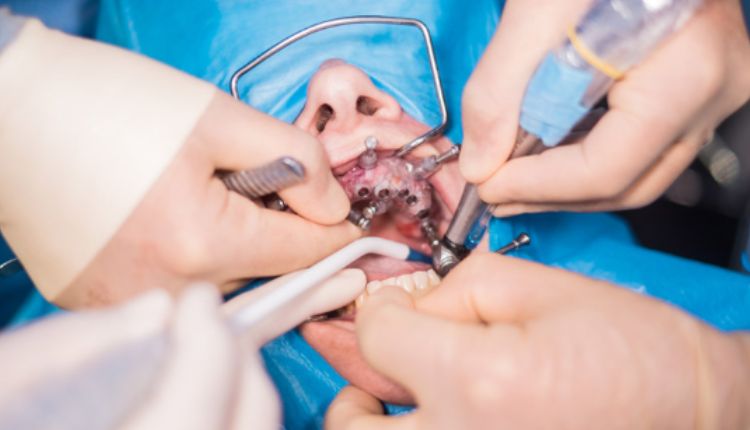Welcome to my newest piece, ‘Post-Operative Care Tips from an Oral Surgeon’. An oral surgery, whether it be a wisdom tooth extraction or a katy bone grafting, can feel intimidating. The pain, the swelling, the discomfort – it’s not something you’d sign up for willingly. But guess what? It doesn’t have to be a nightmare. By following some simple post-operative care instructions, you can decrease discomfort, prevent complications, and expedite recovery. Let me share these tips. Not from a textbook or a medical journal, but from my seat as an oral surgeon who has been in the trenches, dealing with real-life cases, real people. Let’s dive in.
First 24 Hours: What to Do?
The initial 24 hours after an oral surgery are the most crucial. It’s important to take things slow. Here’s what you can do:
- Rest and give your body time to heal. Remember, no strenuous activities.
- Apply an ice pack on your face every 15-20 minutes to help reduce swelling.
- Keep your head elevated to prevent excessive bleeding and swelling.
Maintaining Oral Hygiene
Keeping your mouth clean after an oral surgery is vital. After 24 hours, start rinsing your mouth gently but don’t brush the surgical area just yet. A saltwater rinse can be a good friend – it’s natural, soothing and helps keep the area clean.
Nutrition is Key
Good nutrition can accelerate healing. Soft, easy-to-swallow foods are your allies during this time. Think yogurt, mashed potatoes, and soups. Hydrate well but avoid using a straw, because the sucking motion can disrupt the healing process.
Medication and Follow-Ups
Take your prescribed medications on time. If you notice any unusual symptoms or if the pain persists, do not hesitate to reach out to your oral surgeon. Routine follow-ups are equally important to ensure a smooth recovery.
How to Handle Potential Complications?
Not everything always goes as planned. You might face some complications. But don’t panic. It’s just your body’s way of saying it needs a little more time and care. Pain, bleeding, swelling, or even numbness – if any of this lasts longer than it should, it’s a sign you need medical attention.
There you have it. A handful of simple tips to help you recover from oral surgery. Remember, the goal is to heal, not to push through pain or discomfort. Take your time. Be patient with your body. Healing is not a race, it’s a journey.
